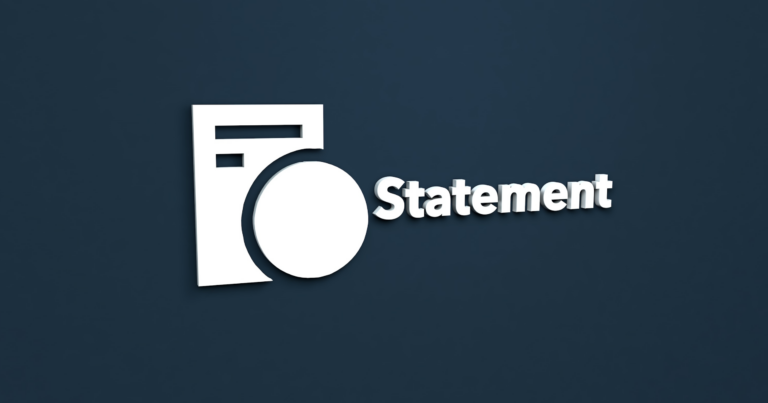Chancellor Jeremy Hunt unveiled the Spring Budget on Wednesday 6th March 2024, outlining measures aimed at stimulating economic growth and easing the burden on working families. Here at New Millennia, we understand that staying informed about these changes is crucial for our clients and have analysed the details to bring you the key takeaways.
As anticipated, the Chancellor delivered on his promise of a 2% reduction in National Insurance contributions. This, along with adjustments to the High Income Child Benefit Charge and an increase in the VAT registration threshold, signifies a clear focus on supporting worker income and family finances.
The Budget also brought some surprises; non-domiciled residents will see a new tax regime, and there will be a drop in the capital gains tax rate for residential property.
Hunt predicts economic growth of 0.8% this year and falling inflation in the near future, but navigating these changes can still be complex. Keep reading for a breakdown of the key points and how they may affect your financial strategy.
Personal Tax
The Spring Budget offered some relief for workers with a significant reduction in National Insurance Contributions (NICs). The main rate of employee NICs will be cut by 2% (from 10% to 8%) for earnings between certain thresholds. This arrives as an addition to the 2p cut announced in the Autumn Statement.
Self-employed individuals will see an even larger reduction, with the main rate of Class 4 NICs dropping from 9% to 6%. While these changes have been welcomed as a “tax cut for working people”, it’s worth noting that tax-free personal allowances and thresholds remain unchanged.
Child Benefit Charge
The High Income Child Benefit Charge will see changes in the coming months. Starting April 2024, the income threshold at which the charge applies will increase from £50,000 to £60,000. This means an estimated 170,000 families will no longer be subject to the charge. Additionally, for those earning between £60,000 and £80,000, the charge will be tapered, meaning you won’t lose all your Child Benefit entitlement.
The government is also looking at changing how they calculate the charge, possibly using household income instead of individual income from 2026. This would take into account the combined income of everyone in the household, potentially offering further relief for some families.
Capital Gains Tax
The Chancellor surprised many with a capital gains tax cut for residential property sales. Effective April 2024, the higher rate drops from 28% to 24%, potentially benefiting those selling second homes or buy-to-let properties. However, the lower rate of 18% remains unchanged for gains within the basic rate income tax band. For most taxpayers, this means any gains up to the basic rate threshold will be exempt from CGT altogether. This is likely to result in a boost for the housing market.
Business Tax
As expected, business tax policy remains largely unchanged in the Spring Budget. The main point to be aware of is that the VAT registration limit will be increased from £85,000 to £90,000 from April 2024. This means some smaller businesses may be exempt from registering for VAT, potentially simplifying their tax obligations.
Whilst businesses didn’t see any direct tax cuts in the budget, the significant reduction in NICS for employees will indirectly benefit businesses by increasing workers’ take-home pay.
Pensions
The budget offered some changes and reassurance for pensions. The government confirmed its commitment to the “triple lock” system for state pension increases. This means the state pension will rise by whichever of the following has the highest % increase: inflation, wage growth, or 2.5%.
We also saw a push for transparency in private pensions. New rules will require Defined Contribution schemes to publicly disclose how much they invest in UK companies. This aims to increase trust and potentially encourage greater investment into UK businesses.
Other Points of note from the Spring Budget
- Business Support Extended: The Recovery Loan Scheme (RLS) gets a new name and a longer life. This new ‘Growth Guarantee Scheme’ will continue to support businesses with access to finance.
- Fuel Duty Increase Cancelled: Fuel duty has been frozen for the coming year with the 5p cut extended and the planned inflation cancelled.
- New UK ISA: The government announced a new UK ISA offering an additional £5,000 tax-free allowance for investments in UK assets, alongside new British Savings Bonds.
- Alcohol Duty Freeze: The freeze on alcohol duty continues until February 2025, providing cost relief for businesses like breweries, bars, and restaurants.
- Vaping Products Levy: Hunt confirmed that for vaping products, it is widely expected that plans for a tax to be paid on imports by manufacturers will be put in place.
- Tax Changes for Non-Domiciled Individuals: A significant change is coming in April 2025 – the current tax regime will be replaced with a residence-based system.
Business Support For Recruitment Agencies at New Millennia
The Spring Budget offered a mix of measures aimed at boosting growth and putting money back in pockets. While the impact on businesses varied, there’s potential for some positive ripple effects, particularly with the NICs reduction.
At New Millennia we can ensure you’re capitalising on any opportunities. Our recruitment accountancy services can save you time, money and hassle – freeing you up to focus on business growth. Fill out our quick, 2-minute enquiry form today to discuss how we can tailor solutions to the specific needs of your recruitment agency.




